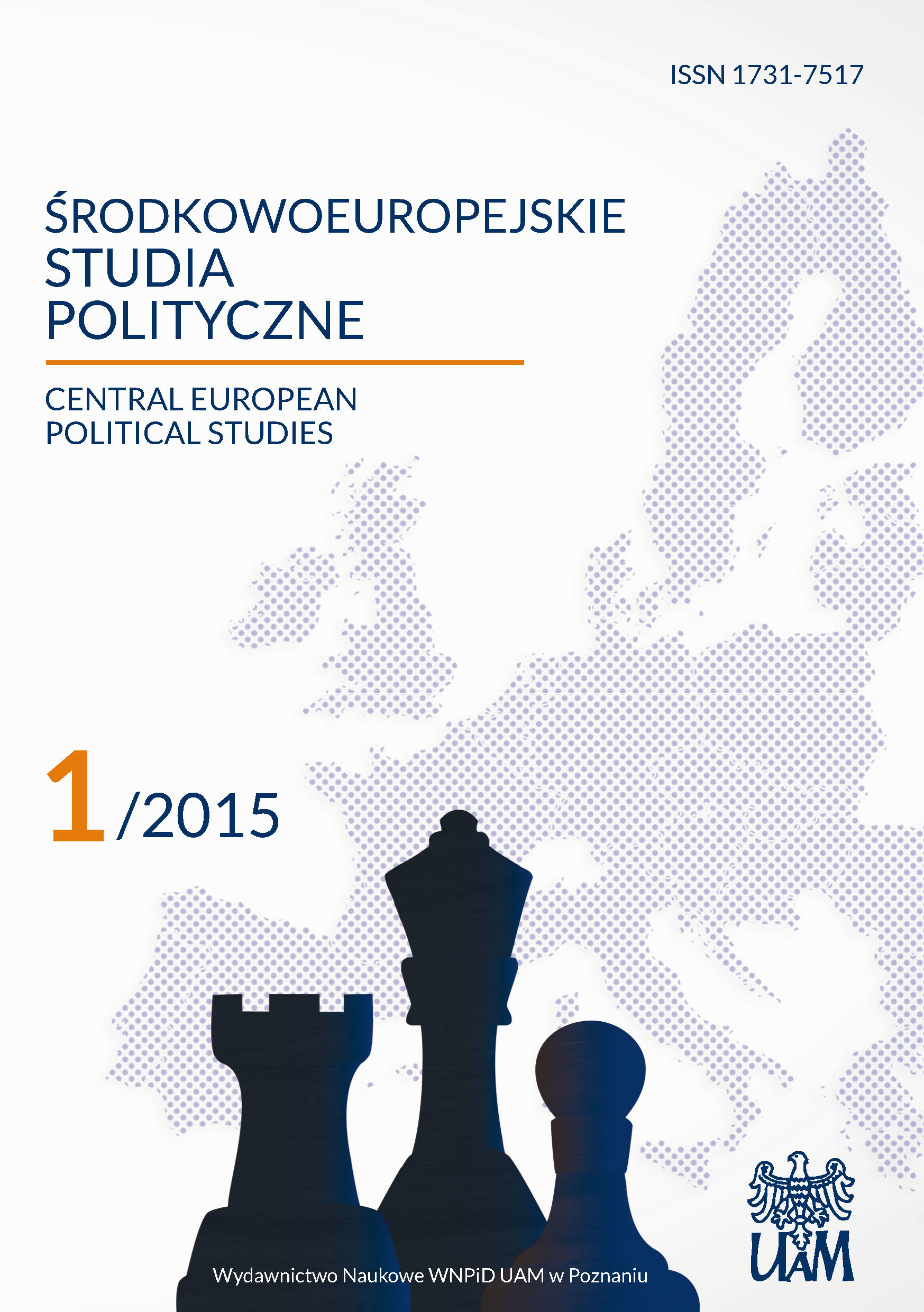The Smolensk Tragedy and Its Importance for Political Communicationin Poland after 10th April, 2010 (Focusing on the Political Incidents in Front of the Presidential Palace)
The Smolensk Tragedy and Its Importance for Political Communicationin Poland after 10th April, 2010 (Focusing on the Political Incidents in Front of the Presidential Palace)
Author(s): Przemysław Żukiewicz, Rafał ZimnySubject(s): Politics / Political Sciences, Politics, Social Sciences, Sociology, Government/Political systems
Published by: Uniwersytet im. Adama Mickiewicza w Poznaniu
Keywords: Smolensk tragedy; president; political communication; political system; Poland
Summary/Abstract: The crash of TU-154 plane on 10 April 2010, which killed the Polish president, Lech Kaczyński, and 95 other members of the presidential delegation, had most of all the consequences on the political system – it became necessary to ensure continuity of the state’s authorities, and to organize early elections of the head of state. Controversies over the accident, which occurred just a few days after the tragedy, caused a conspicuous polarization of Polish public opinion (Niżyńska, 2010). The so-called “case of the cross” (concerning the cross which was erected in front of the Presidential Palace by a group of Polish scouts in honour of the victims of the disaster) turned out to be a symbolic expression of the split in Polish society. The language of the public debate about that event took on specific qualities that we want only to sketch in the presented paper. We draw attention to three important factors that constitute “the discourse on the cross”: a) a religious context, b) a context of patriotic martyrdom, c) a political context. Furthermore we tend to show that political communication in Poland after 2010 has revealed only the existing social split, the first symptoms of which are to be sought in the reconfiguration of the Polish party system at the turn of the 20th and 21st century.
Journal: Środkowoeuropejskie Studia Polityczne
- Issue Year: 2015
- Issue No: 1
- Page Range: 63-82
- Page Count: 20
- Language: English

